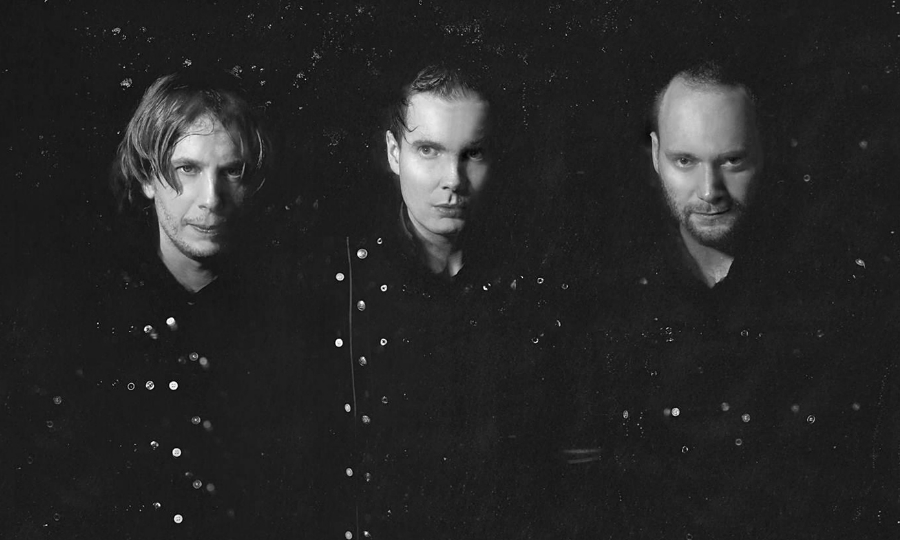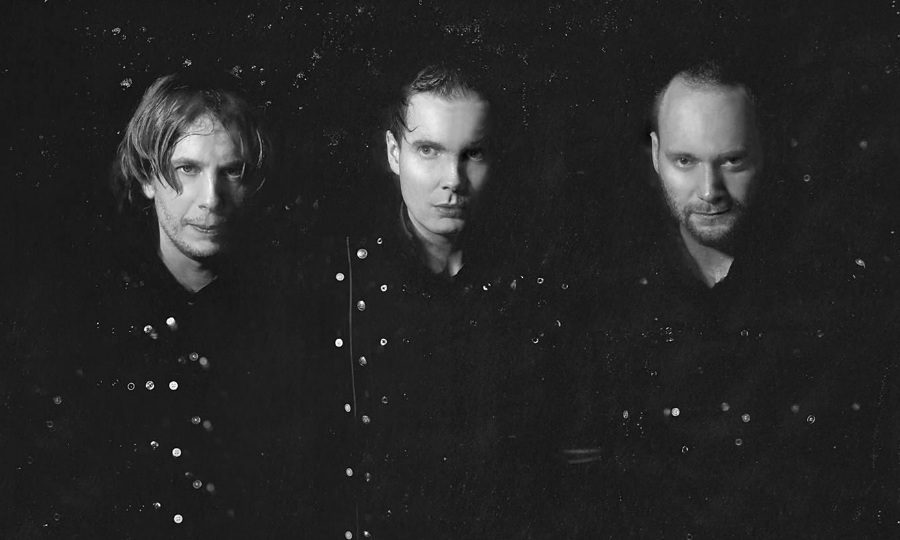Few albums have so profoundly terraformed the landscape in which they were born and placated contemporary listeners like Ágætis byrjun. The sophomore album from celestial Icelandic outfit Sigur Rós translates to ‘A Good Beginning’, though it’s not quite that.
First of all, it followed their debut album Von, which sold a dismal 300 copies in Iceland and whose scratchy, murky shoegaze was inspired by the throttle of Smashing Pumpkins and My Bloody Valentine, though never landed with the same impact. On the other hand, even words like ‘amazing’, ‘magnificent’, or any other pedestrian term for describing something positively, do it justice.
The void of obscurity into which Von had slinked seemed to put no dent in the confidence of lead singer Jónsi Birgisson who posted on the bands’ website, “We are simply gonna change music forever, and the way people think about music.” The funny thing is, he wasn’t far off the mark.
The glacial motion and damn near biblical momentum of the album’s tidal sway is about as hard to describe as it is touching. Ágætis byrjun is a sound that, by its very nature is designed to overwhelm, and it assuredly does, confounding British critics beyond the constraints of genre to grasp at expressions like “God crying tears of gold in heaven”.
As close to an enlightening upheaval as music can come, we reflect on the importance of Sigur Rós’ Ágætis byrjun, after 20 years of its embrace.
“Like a glacier sweeping through the harsh Icelandic landscape, the whale song beamed to earth from a distant planet”, continues the aforementioned review.
Three minutes after the needle drops on Ágætis byrjun, something truly otherworldly occurs. Following a somewhat intriguing intro of a piano in reverse and sighing vocals, Jónsi takes to his guitar with a cello bow chock full of rosin and attempts to shift the glaciers of the globe. It’s an enlightening experience, to say the least, and that’s before he opens his mouth.
Before Ágætis byrjun post-rock was a relatively niche genre of little concern, centred around a smattering of bands that wouldn’t achieve their deserved level of recognition until many years later. Godspeed you! Black Emperor, Mogwai, Stereolab, Bark Psychosis, and Tortoise are amongst these sonic wanderers.
Sigur Rós were immediately likened to Radiohead, not only for their highly ambitious intentions but due to rarity of their singers’ celestial falsettos. In fact, Radiohead embraced them so much that they took them on tour in 2000 and they were soon selling out arena tours and commanding a massive, devoted following.
While Ágætis byrjun is a quantum leap from Von it was also largely different from what was happening in the rest of the post-rock scene in the ’90s.
Jonsi once said, “it would be my dream if onstage I could float into the air. I often dream I can fly. I just jump and fly, it’s strange.” This elegantly captures the sound he has yearned to capture and he confidently succeeds on Ágætis byrjun.”
Their second single following Starálfur (Staring Elf), with its lush orchestration and twinkling piano, was the 10-minute Svefn-g- englar (Sleeping Angels), simultaneously blowing millions of minds around the world. No song better represents the sonic awareness of Sigur Rós than this. As a matter of fact, they even turned down an appearance on David Letterman as he wouldn’t give them enough time to play.
Midway through the record, Jónsi does away with language altogether and veers from fantasy into his own linguistic invention he calls ‘Hopelandic’. It’s a form of gibberish that pulls from Icelandic, resulting in random syllables that serves as another rhythmic, inflective element to the music.
Even his Icelandic lyrics are so densely wrapped in subtlety and drama that many critics have interpreted Svefn-g- englar as either a song about sex or a baby entering the world. Polarities don’t come more widespread than that.
Additionally, a deep sense of pain and longing pervades the record. Jónsi Birgisson has always viewed himself as an outsider. Apart from being openly gay, the singer was born blind in one eye, making him appear somewhat broken by the conventions of modern beauty.
“I was born blind in one eye, I have never seen with two eyes. it’s very good,” explains Jónsi. “I think if I could see in stereo, I would probably go mad.”
Above all the album is a blinding triumph. Now, 20 years it still sounds like you’re hearing an album made twenty years in the future. The arrangement, engineering, and intention are all clearly stated, separating the record from its post-rock counterparts as well as the art-rock and pop music of the time. It was safely and wholly unique. I still find it hard to stifle the sense of wonderment he piano kicks in on Starálfur or the tectonic plates of the world groan ceaselessly against time in Svefn-g- englar.
Sigur Rós transcended in Ágætis byrjun, and that’s really all there is to be said.
While you’re here, check out Why It Mattered:
- Pink Floyd’s ‘Ummagumma’
- Pink Floyd’s ‘The Wall’
- King Crimson’s ‘In The Court Of The Crimson King’
- David Bowie’s ‘David Bowie’
- David Bowie’s ‘Hunky Dory’
- The Grateful Dead’s ‘Live/Dead’
- The Allman Brothers Band’s self titled debut
- Led Zeppelin’s ‘Led Zeppelin II’
- Michael Jackson’s ‘Thriller’
- The Rolling Stones’ ‘Let It Bleed’
- The Clash’s ‘London Calling’
- AC/DC’s ‘High Voltage’



